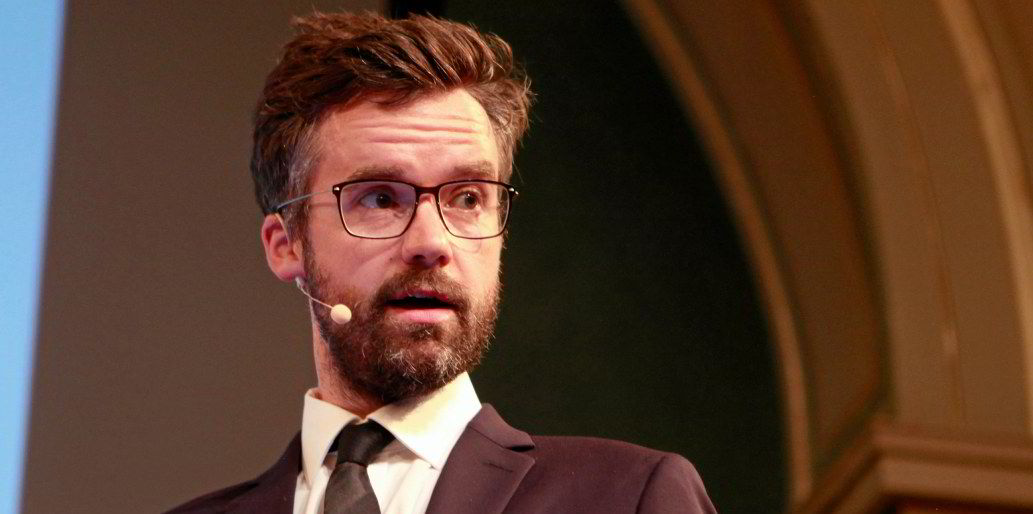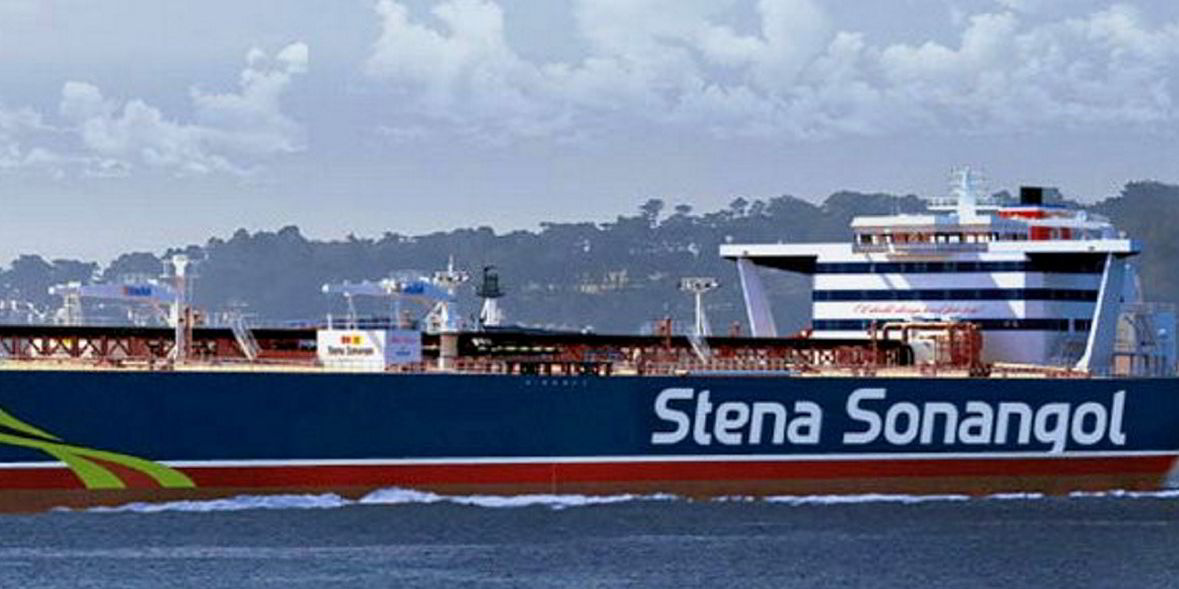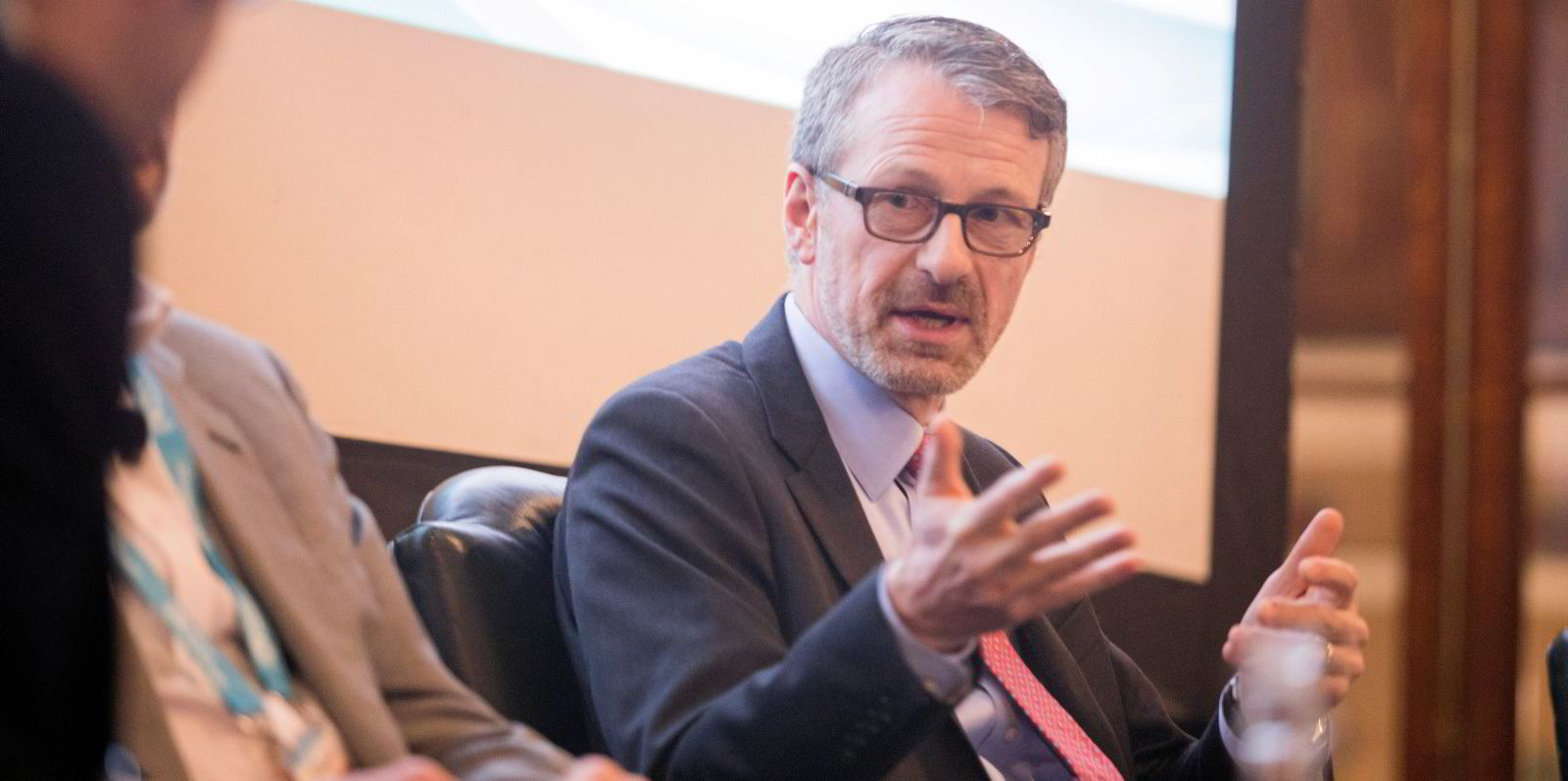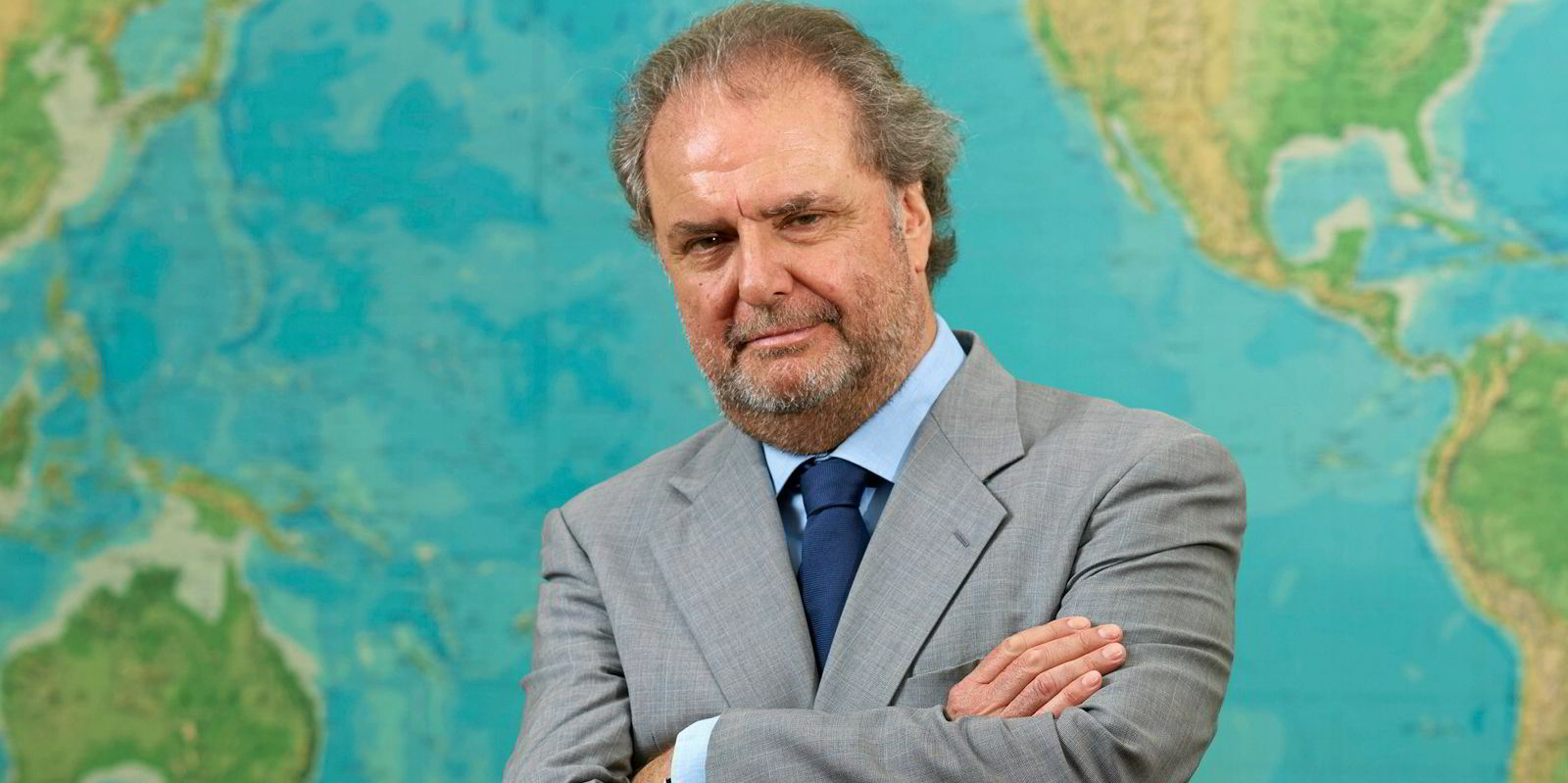Crude tanker markets are set for “explosive” gains in freight earnings amid rising oil production from the US and Opec, according to Kepler Cheuvreux head of shipping research Petter Haugen.
With global oil demand gradually recovering from the Covid-19 pandemic, major producers are widely anticipated to increase crude output in the coming months.
Despite the improved supply-demand picture, most experts expect tanker rates to strengthen slowly due to renewed coronavirus outbreaks in some parts of the world.
Speaking at the TradeWinds Tanker Shipping Forum on Wednesday, Haugen presented what was arguably the most bullish view among industry analysts in a long time.
“To me, it doesn't look like we will see a gradual improvement from here. We'll see an explosive improvement,” he said.
In its latest short-term outlook, the US Energy Information Administration (EIA) predicts Opec will hike oil output from 30.2m barrels per day (bpd) in April to 33.4m bpd in August.
“That sort of demand increase for tankers, to my knowledge, was not seen before,” Haugen said.
Separately, the US is expected to raise crude production from almost 11m bpd in April to 11.3m bpd in the fourth quarter. The EIA predicts US production will increase further to 11.8m bpd next year.
Haugen expects that growing US supply to provide more long-haul shipments for tankers.
“For every barrel going from the US, you're needing three times as many vessels as you were going to need” for the same amount from the Middle East, he added.
Others see strong headwinds
Taking a more conservative view for the short term, Gibson Shipbrokers research director Richard Matthews said oil demand worries still exist as coronavirus continues to wreak havoc in some countries.
“Demand is starting to improve, but at the same time, we have some scares out there,” he said. “From my view, it's going to continue to be two steps forward, one step back.
“By the end of this year, all going well, [demand] will be close the pre-pandemic level. Next year, I think, will still be a recovery year.”
Despite an uptick in scrapping volumes since March, the number of tankers sold for demolition has so far been limited this year.
Many tanker sources suggest slow scrapping was mainly down to firm secondhand prices, with opaque operators acquiring vintage vessels for sanctioned shipments in recent quarters.
Assuming the US is to lift sanctions on Iran, Matthews said at least 20 to 30 VLCCs and “a handful” of suezmaxes could be scrapped later this year as they cannot compete with modern tonnage in non-sanctioned trade.
Hugo De Stoop, chief executive at tanker giant Euronav, said: “You need to have a certain level of scrapping before you can see a market that you like.
“We are in a very low territory as far as the cycle is concerned for the freight rate … If you're looking at 30, or even 40 VLCCs [scrapped], we could look at a very, very good market for multiple years.”
Good prospects
Most agree that long-term tanker market prospects remain optimistic, given that fleet growth is constrained by limited newbuilding deliveries later this decade.
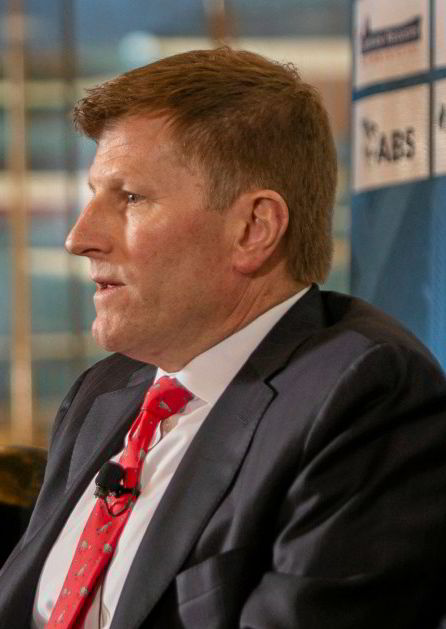
Clarksons Research orderbook data shows 51 crude tankers with 10.1m dwt in total are due throughout this year, 102 ships totalling 20.5m dwt in 2022, and just 33 vessels with 8.24m dwt for 2023.
With strong newbuilding demand for bulkers and boxships, and longer production times for vessels that can run on multiple fuels, tanker owners are expected to have difficulties securing delivery slots before 2024.
“We like the business, we want to remain in business and will continue to focus on what we do — which is transport of crude oil,” De Stoop said.
Ridgebury Tankers chief executive Robert Burke said his company is “fortunate enough to have a fleet with a fairly low debt level”, which can still generate cash when rates are low.
“The dynamic is setting up … I think we're in a really fortunate position as an industry and also as a company right now,” Burke said, predicting a future market upturn. “If you don’t feel luck, then you are in the wrong industry,” he said.
